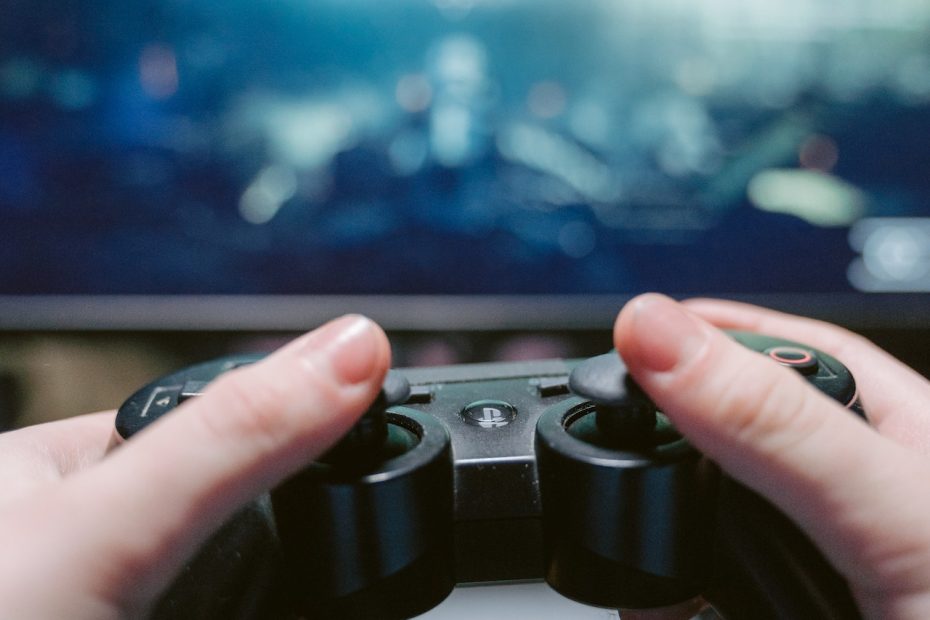Recognizing the Signs of Gaming Addiction: The Importance of Intervention
Gaming addiction is a serious problem that can have a significant impact on an individual’s life. It is important to recognize the signs of gaming addiction in order to intervene and help those affected. Signs of gaming addiction include spending excessive amounts of time playing video games, neglecting other activities such as school or work, and feeling irritable when not playing. Other signs may include lying about how much time they spend playing, becoming defensive when asked about their gaming habits, and having difficulty controlling their impulses to play.
Intervention is essential for individuals suffering from gaming addiction. Early intervention can help prevent further damage to the person’s mental health and relationships with others. Professional counseling can be beneficial in helping individuals understand why they are addicted to gaming and develop strategies for managing their behavior. Family members should also be involved in the process by providing support and understanding while encouraging healthy behaviors. With proper intervention, individuals struggling with gaming addiction can learn how to manage their behavior and lead healthier lives.
Setting Limits and Creating a Balanced Gaming Schedule: Managing Playtime Effectively
Setting limits and creating a balanced gaming schedule is an important aspect of managing time spent playing games. Setting appropriate limits and creating a schedule that is tailored to your child’s needs can help maintain a balance between gaming and other activities.It’s important to set a specific amount of playing time each day or week, and set a time when playing should end.You can also set limits on the type of games your child can play.
Another important part of effectively managing time spent playing games is to create a schedule that includes not only playing, but also other activities. This way you can make sure that your son or daughter gets the right balance between games and other forms of entertainment and education.A good schedule should include routines for physical exercise and social activities, as well as time for study and rest.
Implementing Game Time Alarms and Reminders: Encouraging Breaks and Offline Activities
Implementing game time alarms and reminders is an effective way to encourage breaks and offline activities. This strategy can help gamers stay focused on their gaming sessions while also taking regular breaks to ensure they don’t become too immersed in the game. By setting up alarms or reminders, gamers can be reminded to take a break from their gaming session and engage in other activities such as reading, exercising, or spending time with family and friends. This helps them maintain a healthy balance between gaming and other activities. Additionally, it can help reduce the risk of developing unhealthy habits associated with excessive gaming such as poor sleep patterns, lack of physical activity, and social isolation.
Game time alarms and reminders are also beneficial for parents who want to monitor their children’s gaming habits. By setting up these alarms or reminders, parents can ensure that their children are taking regular breaks from their games and engaging in other activities instead. This will help them develop healthier habits when it comes to playing video games while also encouraging them to spend more time away from screens. Furthermore, this strategy can help prevent children from becoming addicted to video games by ensuring that they have enough time for other important activities such as schoolwork or outdoor playtime.
Using Parental Control Tools to Block or Restrict Game Access: Curbing Excessive Gaming
Parental control tools are a great way to help parents manage their children’s access to video games. These tools allow parents to block or restrict game access, helping them to limit the amount of time their children spend playing video games. By using parental control tools, parents can ensure that their children are not spending too much time gaming and instead focus on other activities such as schoolwork or outdoor play.
Using parental control tools also helps parents monitor what type of content their children are exposed to while playing video games. Parents can set age-appropriate restrictions for certain types of content, ensuring that their children are not exposed to inappropriate material. Additionally, these tools can be used to limit in-game purchases, preventing kids from spending money on virtual items without permission. With parental control tools, parents have more control over how much time and money their children spend on gaming.
Engaging in Alternative Activities: Encouraging Hobbies and Social Interaction
Engaging in alternative activities is an important part of life. It can help to encourage hobbies and social interaction, which are both essential for a healthy lifestyle. Hobbies provide an outlet for creativity and relaxation, while social interaction helps to build relationships with others. By engaging in alternative activities, individuals can explore new interests and develop skills that may be beneficial in the future. Additionally, these activities can provide a sense of purpose and fulfillment that may not be found through traditional means.
Alternative activities also offer opportunities for socialization and connection with others. Through participating in group activities such as sports or clubs, individuals can meet new people and form meaningful relationships. This type of engagement can help to reduce feelings of loneliness or isolation, while providing a platform for learning about different cultures and perspectives. Furthermore, engaging in alternative activities can help to foster positive self-esteem by allowing individuals to express themselves creatively or challenge themselves physically. Ultimately, engaging in alternative activities is an important way to promote physical health, mental wellbeing, and personal growth.
